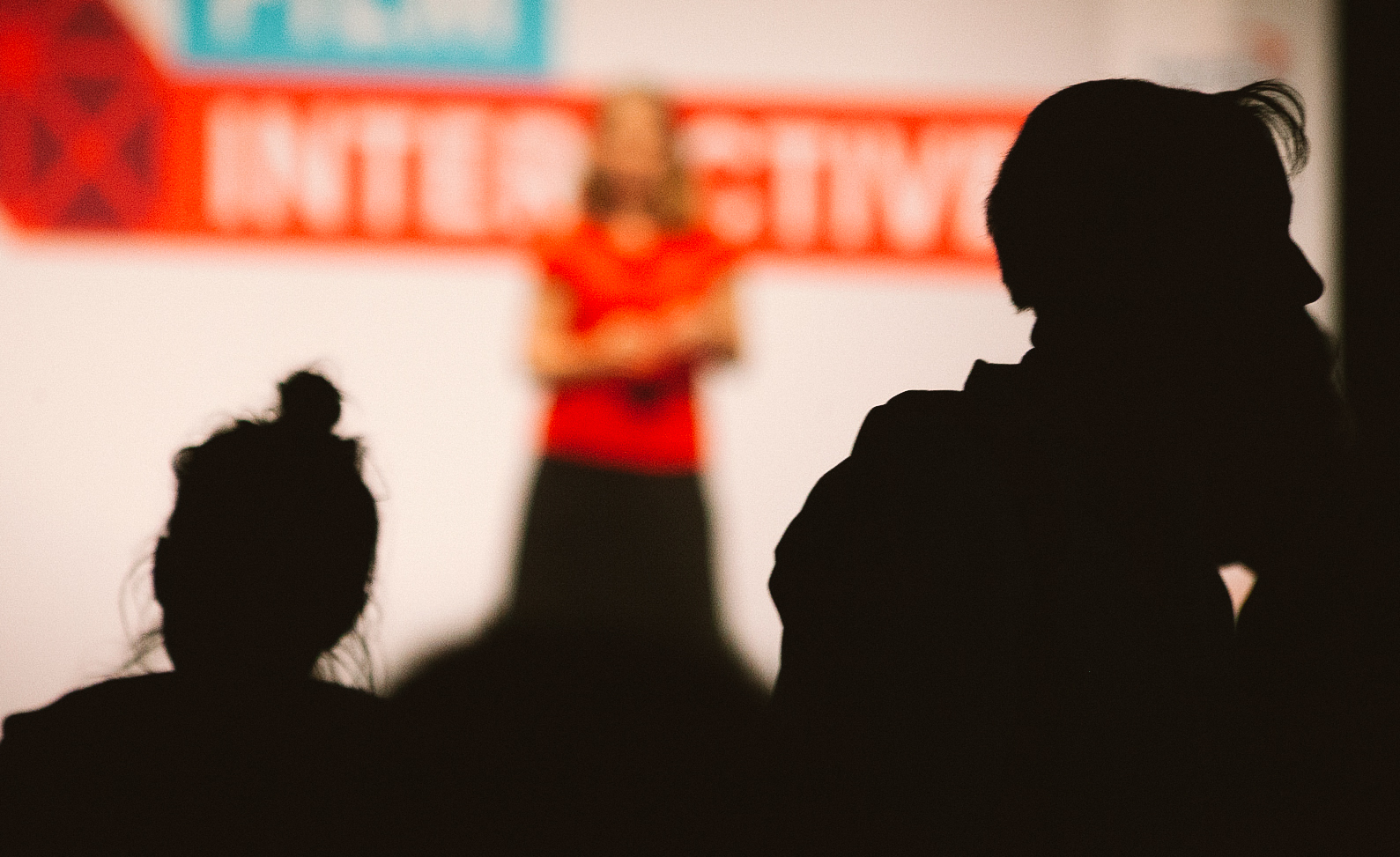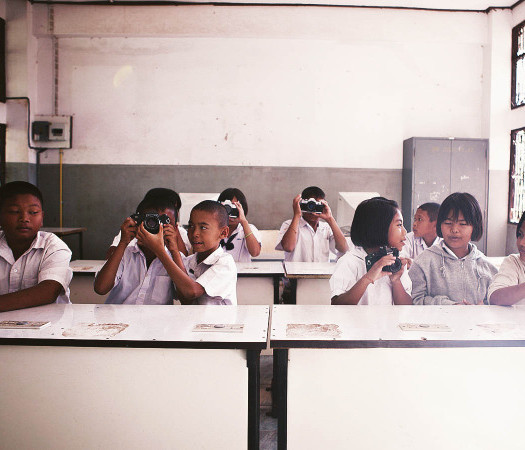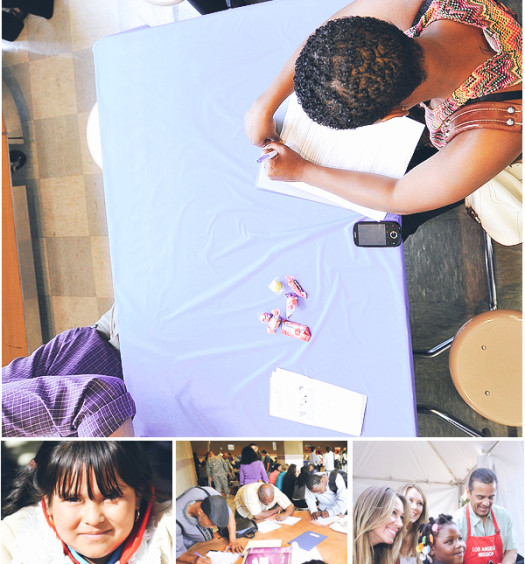Top 5 Social Innovation Highlights at SXSW
South by Southwest (SXSW) took over Austin last week. As one of this city’s many recent transplants, I previously only experienced the festival via the Internet and all of the videos that pop up after the music portion, and so I didn’t realize how enormous the technology part of the festival (SXSW Interactive) was until experiencing it. It turns out that this is where all of the smart tech people come to show off their newest gadgets, and it is crazy. But the portion that interested me the most was an offshoot called SXGood and the social innovation events that took place at the Social Good Hub presented by the United Nations Foundation. It was exciting to see successful technology-focused people choosing to turn their talents into social projects and working with nonprofits to improve their effectiveness, and there were definitely a few that stood out.
01 | Google.org – Technological Answers for Social Issues
Google.org, Google’s philanthropic branch, highlighted a few of their investments on a panel with charity: water, World Wildlife Fund, and Sexual Health Innovations. Google.org’s grants support innovative technological solutions that can assist with these issues in a variety of ways. With charity: water, they are developing highly durable sensors that allow for improved maintenance tracking for rural wells in developing countries. With the World Wildlife Fund, Google’s mapping technology is allowing researchers to track animal populations and poaching activities, and through Sexual Health Innovations, Google.org is funding the creation of an anonymous reporting database to increase documentation of sexual assault on college campuses.
02 | Development Through Partnership and Investment
Just after arriving at the Social Good Hub, I met a Medical Program Manager from Smile Train, a nonprofit organization that provides funding and specific training for surgeons in developing countries to help repair cleft lip and palates in children and adults who have trouble eating, speaking, and breathing as a result of their condition. Their model invests in local talent to solve a simple problem in a sustainable way that improves the lives of both the recipients and their healthcare specialists. In partnership with BioDigital, Inc., they’ve developed a 3D, web-based, interactive, virtual surgery simulator to provide more realistic and efficient training for their partners. They’ve worked with surgeons in 87 different countries with large hubs in China, India, Nigeria, and Kenya, and have done over 1,000,000 surgeries since their beginnings in 1999.
03 | “To Hell With Good Intentions”
Another panel discussion with this provocative title included three representatives from Krochet Kids International, Strive Together, and the Tableau Foundation to discuss the social impact of their efforts – specifically how to measure their effectiveness. Neal Myrick, Corporate Social Responsibility Director for Tableau discussed what he called ‘transactional philanthropy,’ in which donors or corporations are able to just ‘write a check and walk away.’ In order to have a responsible social program, he said, the donor must instead engage with and respond to the specific project and need. All three brought an honest, open perspective to this discussion and shared some of their organizations’ failures in the process but impressing upon their audience that measurement tactics, though messy and difficult, must be constantly evolving and reevaluated to provide the information needed to keep the programs relevant while creating the best possible outcome.
04 | Liam Black – Cutting the Hype
Liam Black is a very accomplished social enterpriser, having led a dozen social business ventures including Fifteen with Jamie Oliver, and currently advising on two UK-based funds with over $80 million to invest. He just wrote a book called The Social Entrepreneur’s A to Z, a collection of stories in which he honestly discusses the difficulties of working in social enterprises. During his slot at the Social Good Hub, he talked about anxiety, knowing oneself, and getting to the root of motivations for trying to change the world.
05 | Social Imprints – Second Chances with a Living Wage
Eventually, I made my way over to the main Interactive hub. Walking through the convention center was overwhelming. It was an absolute maze of booths and they all wanted to tell you about their new tech or product and give you a free coozy with their logo on it. I got lucky, though, because the first one that roped me in gave me free chapstick too, and 80% of their employees are from at-risk populations. Social Imprints is a company that prints logos on everything from posters and t-shirts to LPs and chapsticks, but their other mission is to provide employment opportunities and a living wage (starting at $17/hour) to populations who struggle to find jobs; those who have just been released from prison, recently recovered from an addiction, or have less than a high school education.
Through the chaos and traffic and incredible excess of SXSW, the pocket of inspiration that SXGood provided left me hopeful. Although this is by no means a comprehensive list of all the socially conscious activities and worthy participants, they are exciting to see and, hopefully, are continuing to contribute to the momentum of social enterprises and humanitarian pursuits.
LEARN + CONNECT
Learn more about SXSW
Learn more about SXGood
Connect via Facebook, Twitter, and Instagram
FROM THE EDITOR
At Conscious, remarkable people and organizations inspire us, and so we set out to tell stories that highlight human interest stories, global initiatives, innovation, community development, and social impact. You can read more stories like this when you subscribe




